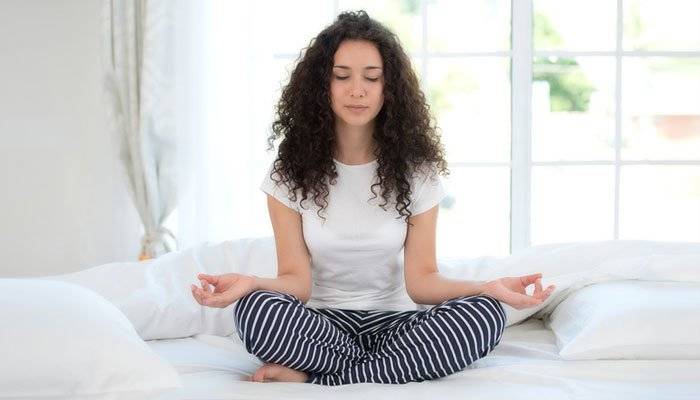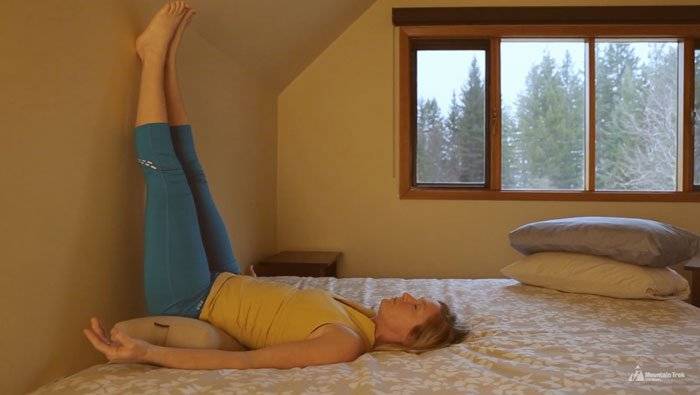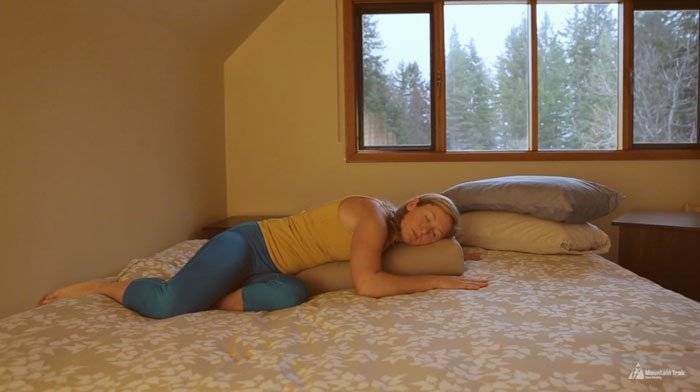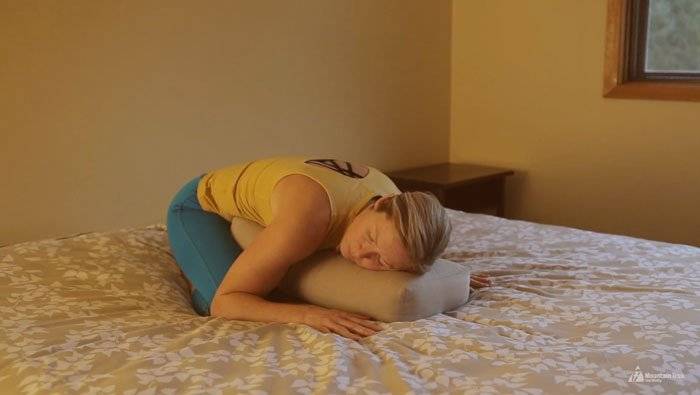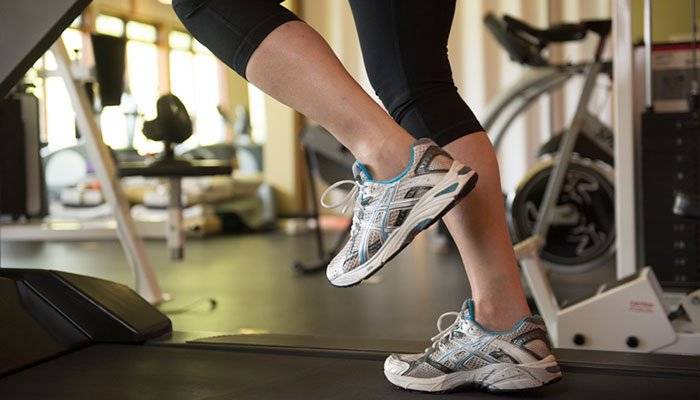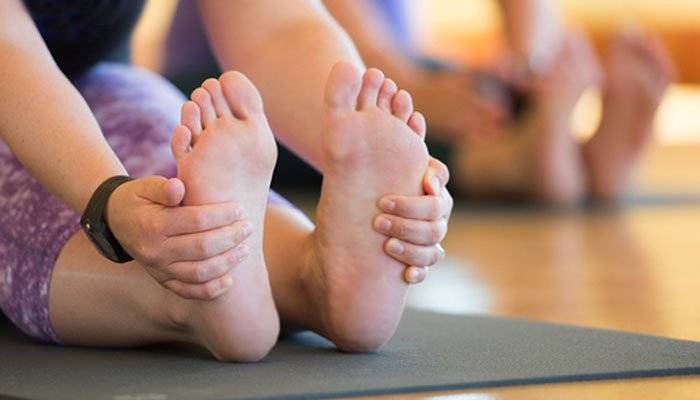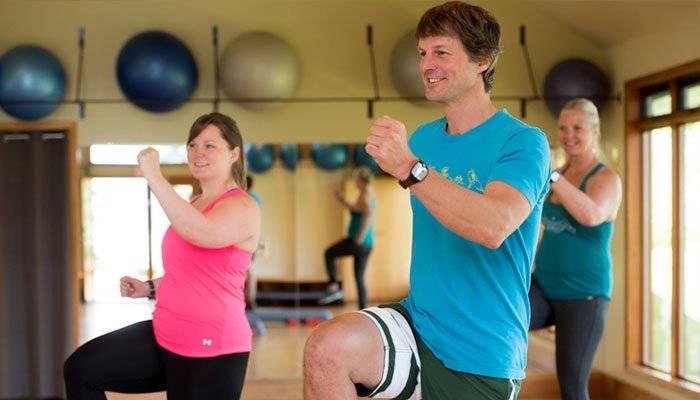
There are few things that feel better than getting a good night’s sleep. And few things worse than lying in bed with insomnia when we have an early meeting the next day. In fact, as we get older, getting deep, restful nights of sleep begins to take priority over a night out of socializing.
There’s a good reason for this. Not the passive state many people once considered it to be, sleep is now known to be a highly active process during which the day’s events are processed and energy is restored.
Sleep is an integral factor in living a well-balanced and healthy life— one full of vitality. Most studies show that the average human needs between 7 and 9 hours. And science is increasingly showing us that sleep deprivation and poor sleeping habits affect both our body’s AND our brain’s ability to function properly. Want to function at peak capacity and your memory to serve you? You want your sex life to be full of vitality? Then sleep better! Below is a list of common sleep problems and ways to fix them and sleep better. At Mountain Trek we call these tips “Insomnia Busters” and they are core to the success of the guests at our award-winning health retreat.
Common Sleep Problems
Snoring
Weight is usually the main cause of snoring so shedding excess fat around the neck will stop extra pressure being put on the airways.
Sleep Apnea
Apnea is caused by the same muscles that cause snoring. It occurs when the muscles of the soft palate at the base of the tongue and the uvula (the small fleshy piece of tissue hanging back of the throat) relax, partially blocking the opening of the airway. However, sleep apnea is more dangerous than snoring in that it alters normal breathing patterns.
Insomnia
A prolonged and usually abnormal inability to obtain adequate, uninterrupted sleep. Symptoms may include having trouble falling asleep, staying asleep, or waking up too early in the morning, feeling unrefreshed. The consequences are unpleasant, leaving sufferers feeling exhausted, irritable, and unable to concentrate on simple tasks.
Restless Leg Syndrome
a tingling, itching sensation, and unexplained aches and pains in the lower limbs.
A recent study in the journal Sleep shows that one night of sleep deprivation is associated with signs of brain tissue loss. In addition, a brain imaging study from the University of California, Berkeley, showed that a night of sleep deprivation affected the brain’s decision-making and reward areas, and also led to study participants craving higher-calorie foods. Writing in the journal Science, University of Rochester scientist Maiken Nedergaard describes how during sleep, cerebral spinal fluid is pumped around the brain, flushing out waste products like a biological dishwasher. She believes that this cleaning process is more active during sleep because it takes too much energy to pump fluid around the brain when we’re awake.
7 Ways To Sleep Better, Naturally
1) Develop a routine
Regularly go to bed early (9 or 10 pm) and get up 8 hours later (even on weekends). This helps set your internal sleep-wake clock and reduces the amount of tossing and turning required to fall asleep. It also helps counteract the effects of Seasonal Affective Disorder.
2) Exercise
Doing some form of aerobic exercise 3 to 5 times a week will improve your sleep. But make sure you do your exercise several hours before bedtime so you’re not revved up.
3) Change your diet
Cut out food and drinks that contain caffeine—such as coffee, tea, soft drinks, and chocolate—by late afternoon. Make dinner your lightest meal and finish it a few hours before bedtime. Skip spicy or heavy foods, which can keep you awake with heartburn or indigestion. Eat magnesium-rich foods like fish, nuts, seeds, and leafy greens.
4) Cut out the nightcaps
Alcohol disrupts the pattern of sleep and brain waves that help you feel refreshed in the morning.
5) Turn down the heat
A temperate room gets you a better sleep than a tropical one, we recommend keeping the room temperature at 65°F or 18°C. Striking a balance between the thermostat, your blanket, and your sleeping attire will reduce your core body temperature and help you drift off to sleep.
6) Make your bed a No-Work-Zone
Your bed is for sleep and sex—not work, food, or TV. If you wake up during the night, skip turning on your computer or TV and do something soothing like meditating or reading until you feel sleepy again.
7) Cut out the gadgetry
Turn off your TV, computer, phone, iPad, and video game at least an hour before bedtime. Light from these devices stimulates the brain, making it harder to wind down for sleep. You can also download the free software F.lux to your various devices and it makes the color of your computer’s display adapt to the time of day: warm at night and like sunlight during the day.
If you’re still curious about how to improve your sleep, contact us below, or come visit us for a week of unplugging, resetting, and sleeping deeply.
What is Mountain Trek?
Mountain Trek is the health reset you’ve been looking for. Our award-winning retreat, immersed in the lush nature of British Columbia, will help you unplug, recharge, and roll back years of stress and unhealthy habits. To learn more about the sleep retreat, and how we can help you reset your health, please email us at info@mountaintrek.com or reach out below:


